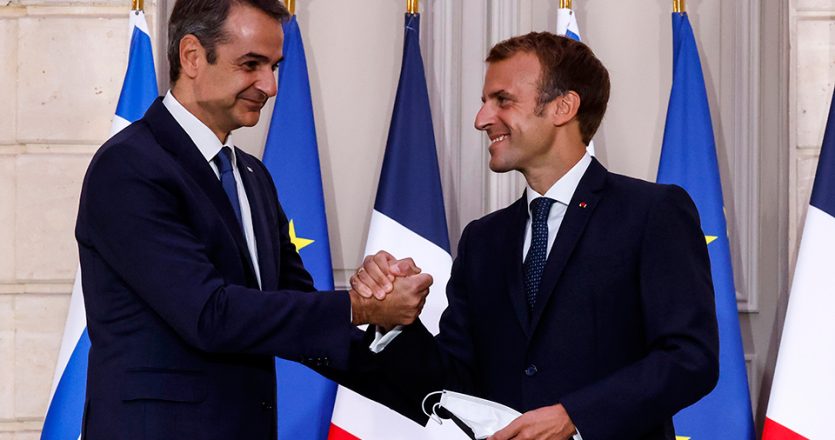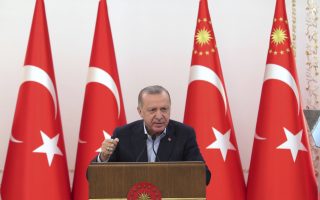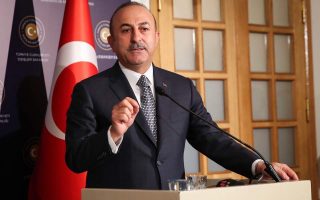After the Greek-French agreement

The Greek-French military agreement is expected to bring Athens and Paris strategically closer in the Eastern Mediterranean. The interests of both sides significantly intersect. On the one hand, Greece seeks to deter Turkey. On the other, France is challenging the new regional role Ankara envisions for itself. This role goes beyond Greek-Turkish differences and the Cyprus question into developments in Libya, Lebanon and Syria, and perhaps Africa in general.
The enhanced French presence in the Mediterranean reflects the ambition of President Emmanuel Macron for his country to revive some of its old glory. The European dimension of his thinking is evident. Following Brexit, France is the only nuclear power in the EU. The French president is encouraging his European partners to join a strategic dialogue on how conventional security and defense policy might be combined with nuclear deterrence. He favors engagement with Russia and China. In so doing, he believes that Russia should be a constructive player in European security and that the European Union ought to navigate smoothly between the USA and China.
From the perspective of France, the military deal with Greece is also regarded as a small relief for its naval industry after the AUKUS setback. But the future evolution of French-American relations is a difficult equation. While some coordination between Paris and Washington seems logical in the context of NATO’s policy toward the South, structural disagreements do exist. Macron has described the Alliance as “brain-dead” and France enjoys a tradition of being partly autonomous and independent in its relationship with the USA.
In a changing world, Greece has made clear decisions in empowering its national defense. However, the most delicate issues, the delimitation of the continental shelf with Turkey and the Cyprus question, remain unsettling and unsolved. It’s time to seriously ponder whether time serves Greece’s national interests and accordingly set up a relevant national cross-party strategy – under better circumstances than before the agreement with France.
Dr George N. Tzogopoulos, is a lecturer at the European Institute in Nice (CIFE) and senior fellow at the Hellenic Foundation for European and Foreign Policy (ELIAMEP) and the Begin-Sadat Center for Strategic Studies.





